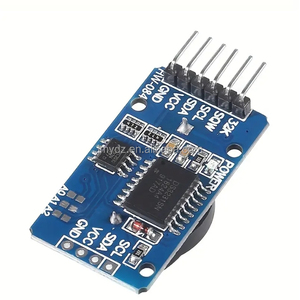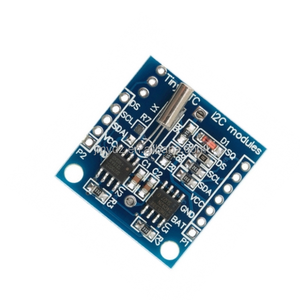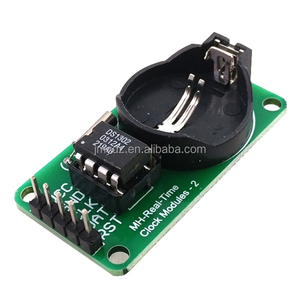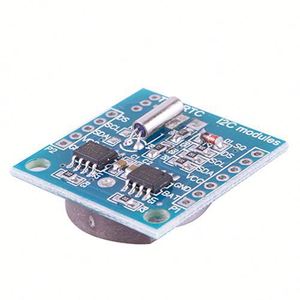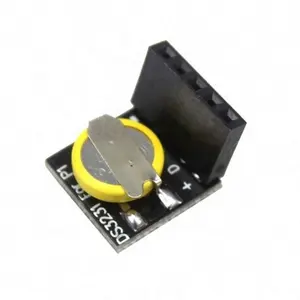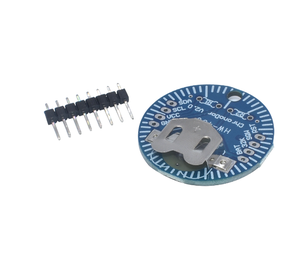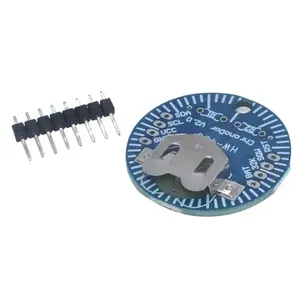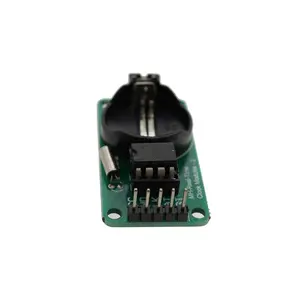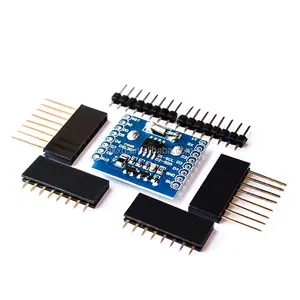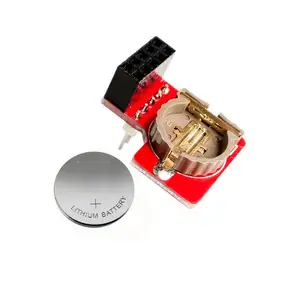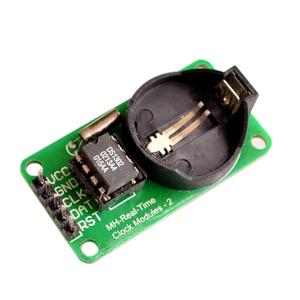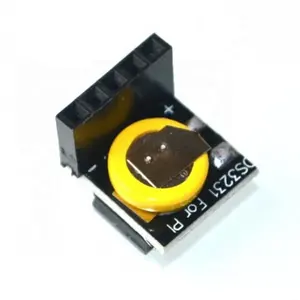Real Time Clock Module




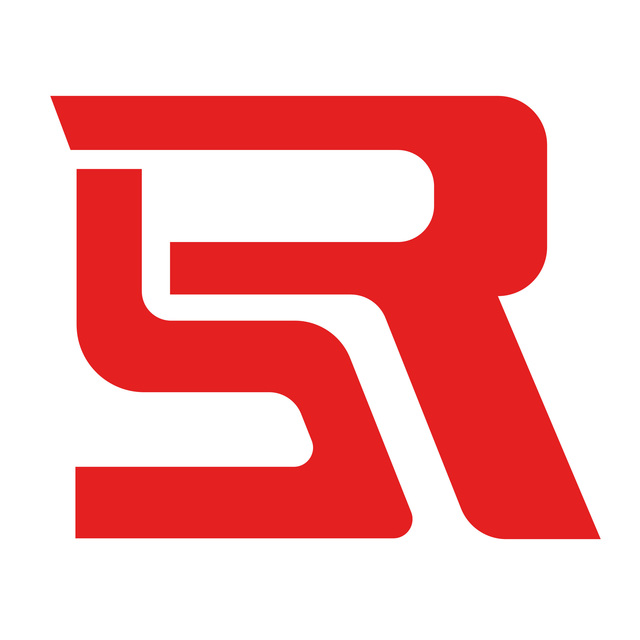
 1/1
1/1




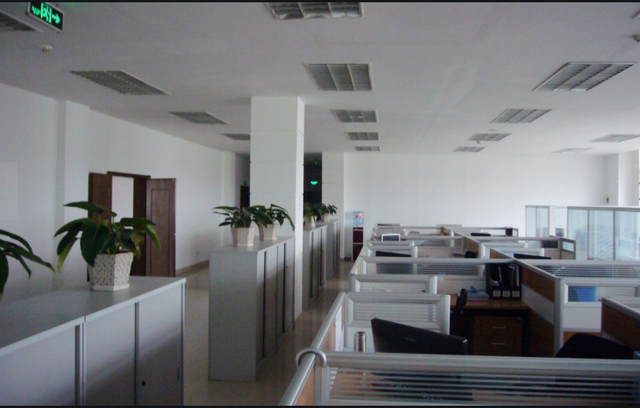
 1/1
1/1






 1/3
1/3





 1/3
1/3







 1/12
1/12






 1/1
1/1



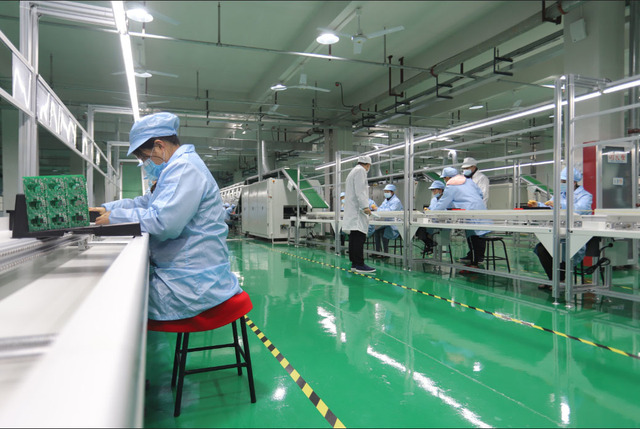

 1/3
1/3







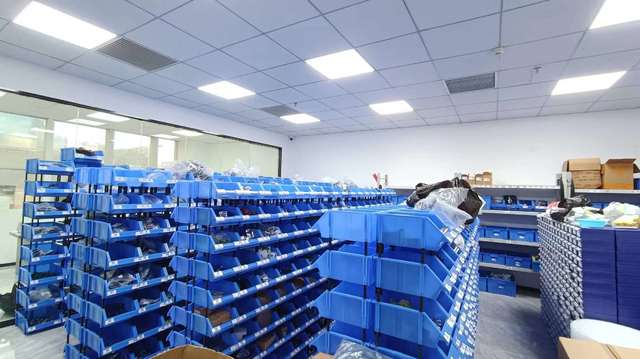

 1/2
1/2






 1/2
1/2








 1/11
1/11





 1/3
1/3





 1/3
1/3



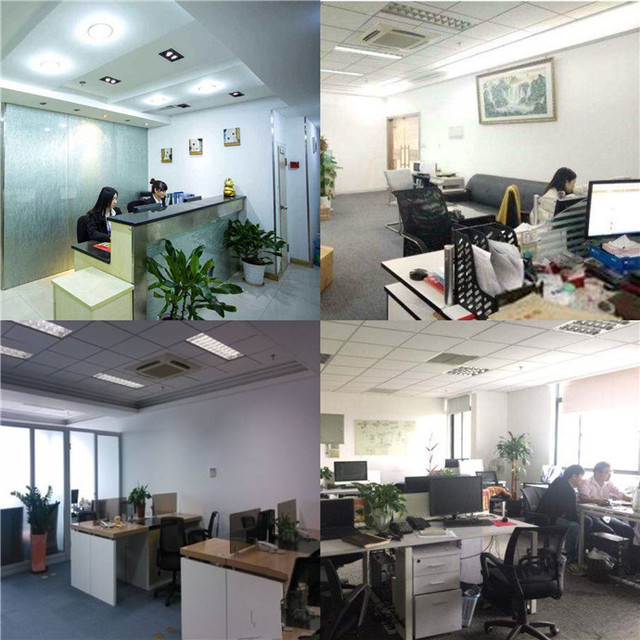
 1/1
1/1



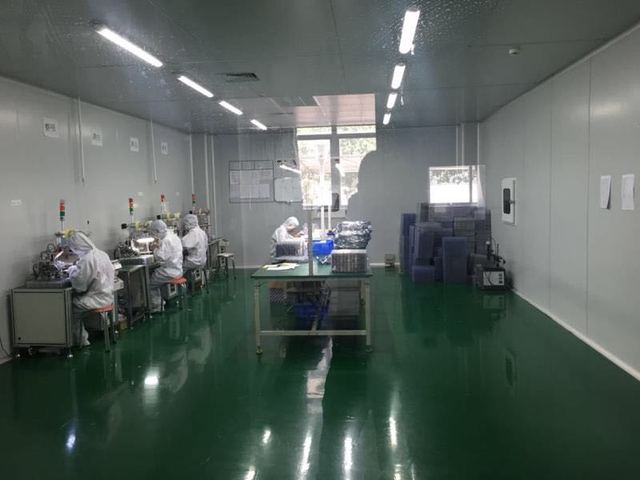

 1/3
1/3










 1/1
1/1





 1/3
1/3

 CN
CN







 1/5
1/5






 1/3
1/3




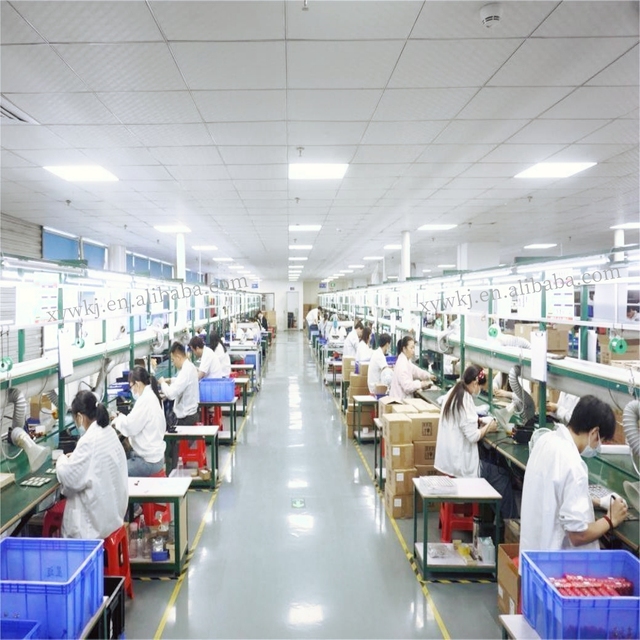

 1/3
1/3
About real time clock module
Where to Find Real Time Clock Module Suppliers?
China remains the central hub for real time clock module manufacturing, with key production clusters in Shenzhen and surrounding Guangdong regions driving innovation and cost efficiency. These areas host vertically integrated electronics supply chains, enabling rapid prototyping and high-volume production of timing components. Shenzhen-based suppliers leverage proximity to semiconductor distributors, PCB fabricators, and logistics networks, reducing component lead times by 20–30% compared to non-specialized regions.
The ecosystem supports both standard and customized RTC solutions, from basic DS1302 modules to precision temperature-compensated units like the DS3231. Local integration allows for tight coordination between IC sourcing, surface-mount assembly, and final testing—critical for maintaining timekeeping accuracy. Buyers benefit from scalable output, with facilities capable of fulfilling orders ranging from single prototypes to tens of thousands of units monthly. This concentration also enables faster response cycles, with many suppliers offering sub-5-hour reply times and 100% on-time delivery records.
How to Choose Real Time Clock Module Suppliers?
Selecting reliable partners requires a structured evaluation of technical capability, transaction reliability, and quality assurance protocols.
Technical & Product Compliance
Verify that suppliers offer modules aligned with required specifications: I²C interface compatibility, battery backup support (typically CR2032), and integration of EEPROM (e.g., AT24C32). High-precision applications demand temperature-compensated oscillators (TCXO), such as those in DS3231-based designs, which maintain ±2ppm accuracy. Confirm compliance with environmental standards including RoHS and REACH, particularly for export to EU and North American markets.
Production and Quality Controls
Assess operational maturity through key indicators:
- On-time delivery rate ≥98% as evidence of logistical reliability
- Response time ≤5 hours to ensure communication efficiency
- Reorder rate analysis—rates above 50% may indicate strong customer satisfaction, while lower rates (<15%) suggest niche or transactional buyer bases
- In-house testing procedures for long-term drift, power consumption, and signal integrity
Cross-reference supplier claims with verifiable data such as order history and online revenue metrics, which reflect market presence and fulfillment capacity.
Procurement Terms and Transaction Safeguards
Minimum Order Quantities (MOQs) vary significantly—from 1 piece for development samples to 10–100 pieces for bulk pricing. Unit prices range from $0.10 to $5.00 depending on features, with Wi-Fi-enabled or display-integrated models commanding higher costs. Prioritize suppliers offering flexible MOQs for prototyping, escrow payment options, and clear return policies. For high-volume contracts, request batch testing reports and consider third-party inspection services prior to shipment.
What Are the Best Real Time Clock Module Suppliers?
| Company Name | Main Products | Online Revenue | On-Time Delivery | Response Time | Reorder Rate | Min. Order | Price Range (USD) |
|---|---|---|---|---|---|---|---|
| Ruishengda Information Technology Co., Limited | Other Electronic Components, ICs, Development Boards, Sensors | US $20,000+ | 100% | ≤2h | <15% | 1 pc | $0.75–1.22 |
| Shenzhen Chuangyida Electronics Co., Limited | Other Electronic Components, ICs, Computer Accessories | US $130,000+ | 100% | ≤5h | 19% | 10 pcs | $0.22–4.50 |
| Shenzhen Jingmaoyuan Electronics Co., Ltd. | ICs, Development Boards, Transistors, Data Acquisition | US $100,000+ | 100% | ≤2h | <15% | 1 pc | $0.10–0.77 |
| Shenzhen Yuzens Technologies Co. Ltd. | ICs, Electronic Modules, Power Supplies, Microcontrollers | US $60,000+ | 100% | ≤3h | <15% | 1–2 pcs | $0.42–40.00 |
| Shenzhen Glow Electronic Technology Co., Ltd. | Customization-focused; RTC Chips, Crystal Units | US $10,000+ | 100% | ≤1h | 50% | 50–100 pcs | $1.00–4.00 |
Performance Analysis
Suppliers like Shenzhen Chuangyida and Jingmaoyuan dominate in affordability, offering entry-level DS1302 modules below $0.30 per unit with low MOQs. Ruishengda and Yuzens cater to developers with single-unit availability and competitive pricing on precision DS3231 variants. Notably, Shenzhen Glow stands out with a 50% reorder rate—indicating strong client retention—despite higher MOQs, likely due to specialization in original Swiss micro-crystals and custom labeling. All listed suppliers maintain 100% on-time delivery, but response speed varies: Glow leads at ≤1 hour, followed by Ruishengda and Yuzens at ≤2–3 hours. For prototype-stage buyers, prioritize suppliers offering 1-piece MOQs; for volume production, evaluate total landed cost, including packaging customization and compliance documentation.
FAQs
How to verify real time clock module supplier reliability?
Check consistency in product specifications across listings and confirm alignment with datasheets (e.g., Maxim Integrated or NXP equivalents). Request sample units to test time drift over 72 hours under varying temperatures. Validate supplier credentials through transaction volume, response patterns, and presence of technical documentation such as circuit diagrams or BOMs.
What is the typical lead time for RTC module samples?
Standard samples ship within 1–3 business days for in-stock items. Custom configurations (e.g., laser engraving, unique pin layouts) may require 7–10 days. Air freight adds 3–7 days internationally. Confirm stock availability before ordering to avoid delays.
Can suppliers customize real time clock modules?
Yes, select suppliers offer PCB color changes, logo printing, firmware pre-configuration, and specialized packaging. Shenzhen Glow explicitly lists customization options for material, size, and labeling. Confirm minimum batch sizes and tooling fees before initiating modifications.
Do real time clock module suppliers provide certification documentation?
While formal ISO or IATF certifications are not always published, most suppliers comply with RoHS and REACH standards. Request material declarations or third-party test reports if required for regulatory compliance. In absence of formal audits, assess quality through consistent product performance and post-purchase support.
How to negotiate better pricing on RTC modules?
Leverage volume commitments: increasing order size from 10 to 100+ units typically reduces per-unit cost by 20–40%. Compare pricing across DS1302, DS1307, and DS3231 variants—older models often offer steeper discounts. Engage multiple suppliers simultaneously to benchmark quotes and identify cost outliers.











